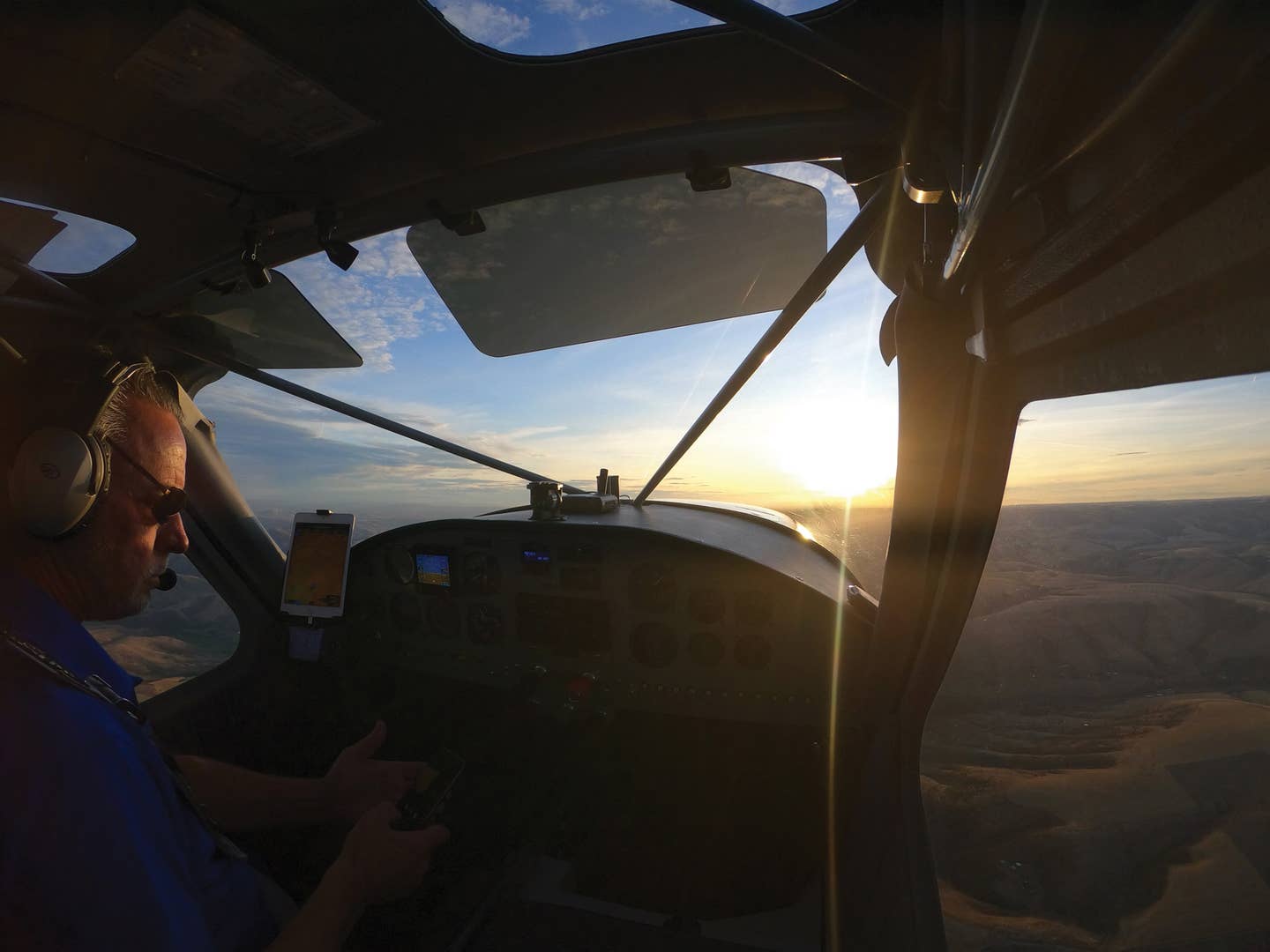Did We Mishear Neil Armstrong’s Famous Quote?
What Neil Armstrong really said once he stepped foot onto the surface of the moon
Mystery
Did Neil Armstrong flub the first sentence ever delivered from the surface of another heavenly body, the famous "One Small Step" line, or did we misunderstand what he really said?
Background
It was Sunday, July 20, 1969. Millions of people huddled around their television sets in anticipation as one of the greatest feats in human history was about to take place almost 240,000 miles away from Earth. Three American astronauts, Neil Armstrong, Edwin "Buzz" Aldrin and Michael Collins, had rocketed to a lunar orbit, and Armstrong and Aldrin had then landed on the moon's surface, touching down on the Sea of Tranquility at 4:17 p.m. EDT with a mere 30 seconds of fuel left in reserve in the lunar module known as "Eagle." Armstrong reported the moment down to mission control in Houston with the oft-repeated line, "The Eagle has landed."
Back on Earth, people cheered and clapped, but the biggest moment of the mission was yet to come. More than six hours later, a camera attached to the module began live broadcasting, and a collective breath was held as Armstrong slowly began making his way down the ladder. Finally, at 10:56 p.m. EDT, he placed his left foot onto the soft, powdery surface of the moon, and the following words became forever etched into the books:
"That's one small step for man; one giant leap for mankind."
An impactful line, but, according to Armstrong, an inaccurate one. He was adamant until his death that what he actually said was, "That's one small step for a man." It may seem like a small difference to split hairs over, but omission of that one tiny "a" made his quote a little contradictory and less grammatically correct. (Yep, the grammar police were around even in the late '60s!) If the quote was "for a man," it makes sense, the idea being that Armstrong is just one person but his achievement is one for all of humanity. But if the "a" gets left off, it doesn't make sense because "for man" means the same thing as "for mankind." So it's a small step for mankind but a giant leap for mankind." That clearly was not the intended message.
But what happened? Was Armstrong misquoted? Or did he just blow his line?
Are you an aviation enthusiast or pilot? Sign up for our newsletter, full of tips, reviews and more!
Misquoted!
Analysis of the radio transmission's sound waves in 2006 seemed to validate Armstrong. The analysis uncovered evidence of a 35-millisecond-long bump of sound between "for" and "man," long enough for an "a" to be present but too short for human ears to process. Additionally, in 2013, a team of researchers from Michigan State University and Ohio State University examined how native speakers from central Ohio, where Armstrong was born and raised, pronounce "for" and "for a." According to the study, native speakers of the area commonly blend words such as "for" and "a" together, producing the sound, "frrr(uh)." The researchers claim that the "a" was present but that the blending of words combined with poor sound quality of the audio rendered it inaudible to most ears.
Misstated!
To Armstrong's frustration, most people, himself included, hear "for man." I have, without success, also listened to the audio several times at various speeds in order to catch the elusive "a." Perhaps it's like one of those old vinyl records, where you can only hear the secret message if you play it backward? In 2009, forensic linguist John Olsson analyzed a re-digitized version of the original magnetic tape. He determined that there was simply no room after the "r" in "for" and the "m" in "man" for any "a," big or small or even one sounding like a frrr(uh), to exist.
Conclusion
While Neil Armstrong obviously intended to say, "That's one small step for a man; one giant leap for mankind," it's pretty clear that he left out the "a." Prior to his untimely passing in 2012, he told his biographer, "I would hope that history would grant me leeway for dropping the syllable and understand that it was certainly intended, even if it wasn't said---although it actually might have been." To those of us back on Earth, such a feat spoke for itself. Whether it was a small step for man or for a man, stepping foot on the moon most certainly marked one giant leap for mankind.

Subscribe to Our Newsletter
Get the latest Plane & Pilot Magazine stories delivered directly to your inbox






